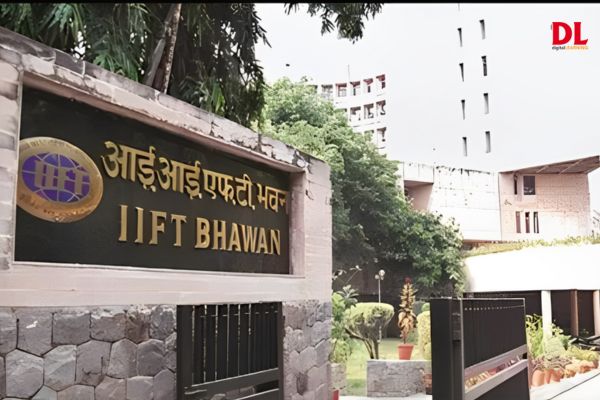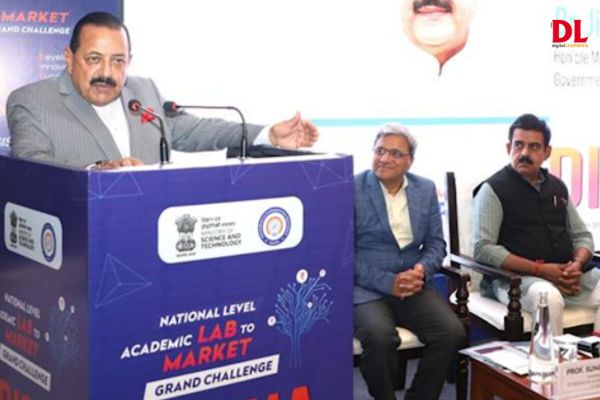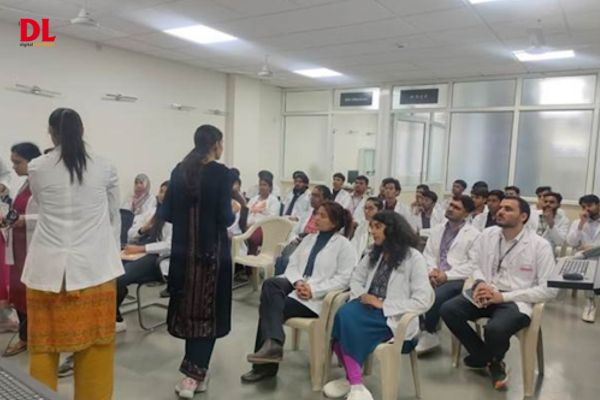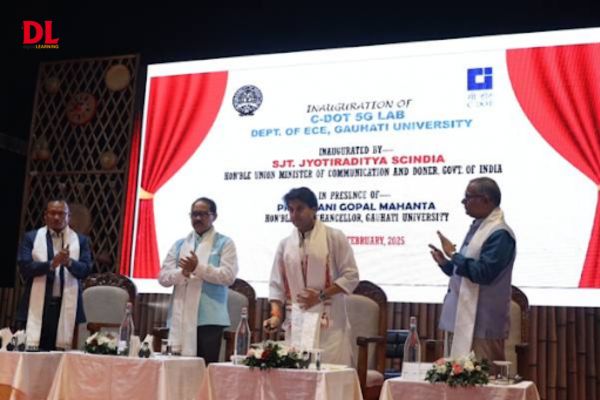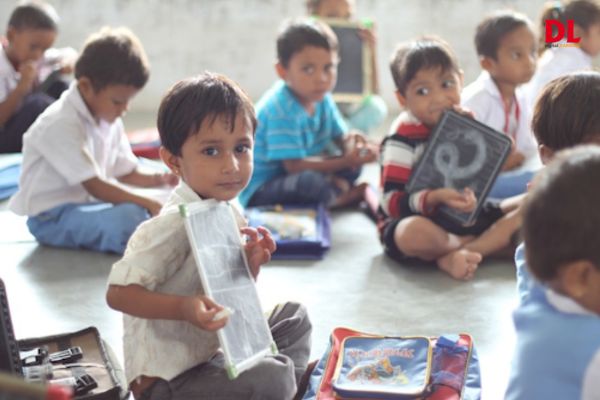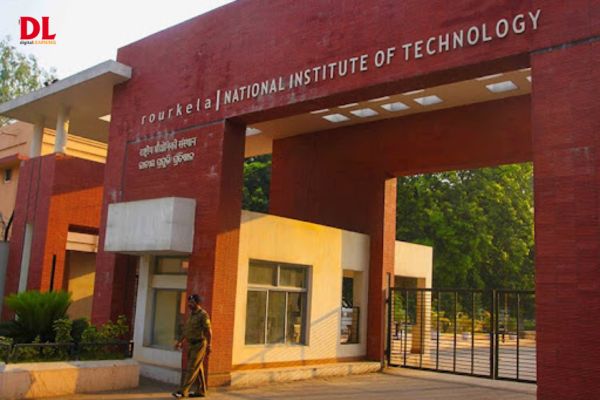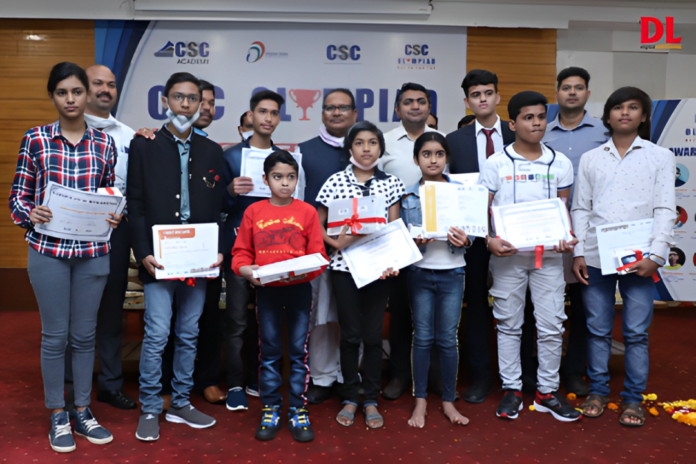In the past few years, technology has played a crucial role in improving learning experiences as it has transformed global education. Not only has it enhanced digital learning, but also engagement in learning. The Digital Learning industry in India is expected to reach US$ 4 billion by 2025, growing at an outstanding CAGR of 39.77%, according to a report by FICCI. The rapid growth is a result of initiatives taken by the government like “Digital India” and accessibility to the internet, which make high-quality education more widely available to students nationwide.
The challenges in obtaining school loans are one of the main barriers students face in rural areas. Further deepening the issues, the limited access to smartphones, laptops, and internet connection creates a significant gap impacting the opportunities for online education. Families with unstable economic conditions are unable to avail loans as debt repayment becomes a challenge. Inconsistent income sources make repayment dubious while simultaneously reinforcing loaners’ perspectives of rural students as high-risk candidates. To address these would require a collective response that would incorporate the use of AI to allow for simpler loan distribution, e-learning services that provide the benefits of online education, financial education, and policies allowing greater long-term sustainable academic chances.
Making Digital Learning More Accessible
Credit solutions that are powered by artificial intelligence have transformed how banks today assess and manage risks. AI has the potential to provide risk profiles for potential borrowers by analysing various data points that include non-traditional data sources. Such practices make it easier to have access to funds required to pursue education. This approach allows for both the creation and distribution of funds that are targeted to meet the unique needs of rural students.
Automated systems quickly determine creditworthiness from millions of parameters, making educational finance more accessible in rural areas. This is beneficial for the borrowers and improves the operational efficiency of lending institutions.
AI-based credit solutions are transforming education, with NBFCs playing a key role in funding digital learning. Advanced risk-scoring models leverage data analytics to enhance decision-making and risk management, evolving continuously to predict delinquencies. AI-powered chatbots automate processes like KYC verification, Aadhaar authentication, and digital agreement signing, ensuring a smooth loan disbursement. They also assist in onboarding via WhatsApp, reducing scalability challenges for CX teams. Technologies such as PAN OCR and machine learning-based KYC further improve accessibility, enabling students, especially those in rural areas, to continue learning without financial hurdles.
Apart from providing funding to educational loans, NBFCs are also actively supporting digital learning initiatives. Interactive learning tools such as digital labs and smart classrooms have been adopted by many educational institutions in rural areas to improve the learning experience. NBFCs facilitate these changes by providing financing options for schools to invest in technology-driven education solutions. By making digital infrastructure more affordable, they help schools bridge the digital divide and enhance learning opportunities for students.
Encouraging Financial Literacy and Inclusion
Beyond providing financial aid, there is a need to educate families about responsible borrowing and financial planning. Many organizations, including NBFCs, are working on financial literacy initiatives to assist parents and students in making informed decisions concerning education loans. Clear and succinct information on loan terms, repayment options, and budgeting ensures that families can access credit without succumbing to financial distress. Offsetting personal borrowing risks is among the other positive upshots of artificial intelligence offered to rural residents. Personalized literacy programs through digital media enable an institution to instil in communities the need for credit management and budgeting. This fosters long-term financial stability and empowers communities to make prudent financial decisions.
Also Read: Smart Education in 2025 Shaped by AI in School Curriculums
Building a Sustainable Future for Rural Education
By supporting education and digital learning solutions, NBFCs have a tangible impact on rural areas. By eliminating financial barriers and promoting the adoption of modern learning tools, the institutions are facilitating an uninterrupted education for students. As India progresses towards an inclusive education model, the flexible financing options will continue to be indispensable in ensuring that every student gets the opportunity to learn and grow, regardless of their location and socio-economic status. The convergence of AI-driven credit solutions with the preparedness of the NBFCs to fund digital learning initiatives is largely defining the realm of education in rural India. They are doing so through a two-pronged approach: meeting the financial shortfall for securing the modalities while also ensuring that quality education reaches every student regardless of geographical location.
Views expressed by: Steve Hardgrave, CEO and Co-Founder, Varthana








